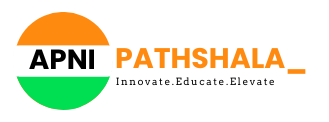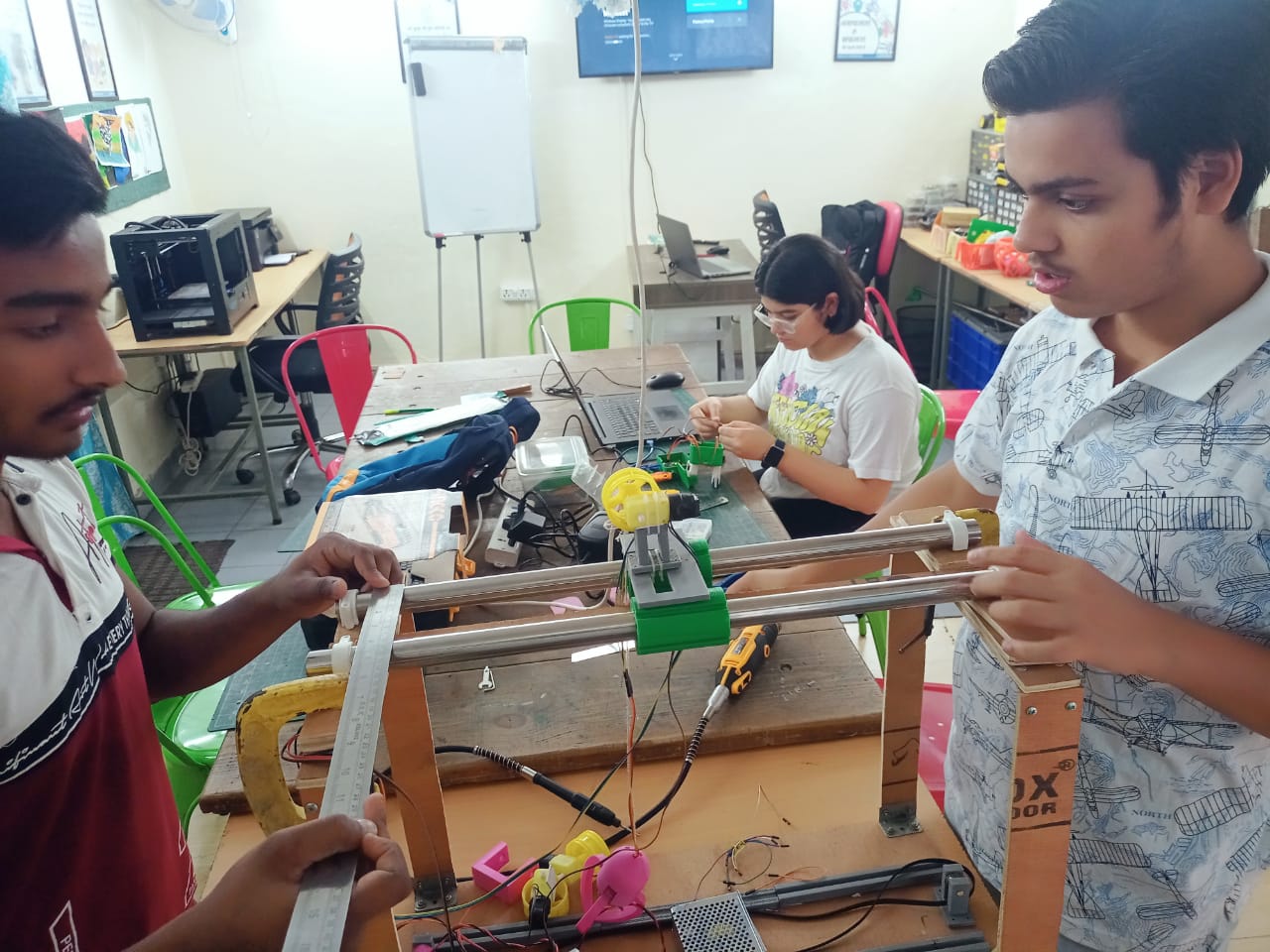Apnipathshala
The Essential Role of Peer Learning in Educational Centers
In educational centers around the world, peer learning plays a vital role in unlocking the potential of students. Peer learning occurs when students collaborate and learn from each other, rather than solely relying on the teacher for instruction. This approach fosters a supportive and inclusive learning environment where students can develop essential skills, such as communication, critical thinking, and teamwork.
Peer learning offers numerous benefits to students. Firstly, it encourages active engagement and participation in the learning process. When students work together on projects or discussions, they become actively involved in their education, leading to deeper understanding and retention of the material. Additionally, peer learning promotes a sense of ownership and responsibility for one’s learning, as students take on leadership roles and contribute to each other’s growth.Moreover, peer learning allows students to gain different perspectives and insights from their peers. Each student brings their unique experiences, knowledge, and strengths to the table, enriching the learning experience for everyone involved. By collaborating with peers, students learn to appreciate diversity and develop empathy, essential qualities for success in today’s interconnected world.
One key aspect of peer learning is the role of the educator as a facilitator rather than a sole provider of knowledge. Educators guide and support students as they engage in peer learning activities, offering encouragement, clarifying concepts, and scaffolding learning experiences as needed. This shift in the educator’s role empowers students to take ownership of their learning journey and become active participants in the educational process.
Moreover, peer learning fosters a sense of community and belonging among students, as they collaborate with their peers to achieve common learning goals. By working together towards a shared objective, students develop a sense of camaraderie and mutual respect, creating a positive learning environment where everyone feels valued and supported.
Peer learning offers a multitude of benefits for students, including:
Enhanced Understanding:
Improved Communication Skills:
Increased Motivation:
Diverse Perspectives:
Development of Critical Thinking:
Preparation for Real-World Challenges:
Additionally, peer learning encourages students to develop essential life skills such as leadership, problem-solving, and decision-making. Through peer interactions, students learn how to navigate interpersonal dynamics, resolve conflicts, and collaborate effectively, skills that are invaluable in both academic and real-world settings.Overall, peer learning plays a vital role in promoting student engagement, enhancing learning outcomes, and fostering a collaborative and inclusive learning environment. By harnessing the power of peer learning, educators can empower students to reach their full potential and prepare them for success in an ever-changing world.
Answering Your Queries: FAQs for This Blog
Your Questions, Our Answers: Clearing Up Any Doubts!
Peer learning benefits students by promoting active engagement, improving communication skills, and fostering a supportive learning environment.
Peer learning activities include group discussions, collaborative projects, peer tutoring, and peer review sessions.
Educators can facilitate effective peer learning by providing clear guidelines, promoting positive group dynamics, and offering guidance and feedback as needed.
Students can ensure the effectiveness of peer learning by actively participating, communicating openly with their peers, and reflecting on their learning experiences.
Yes, peer learning can be adapted to suit students of all ages and academic levels, from elementary school through higher education, and across various subject areas.

